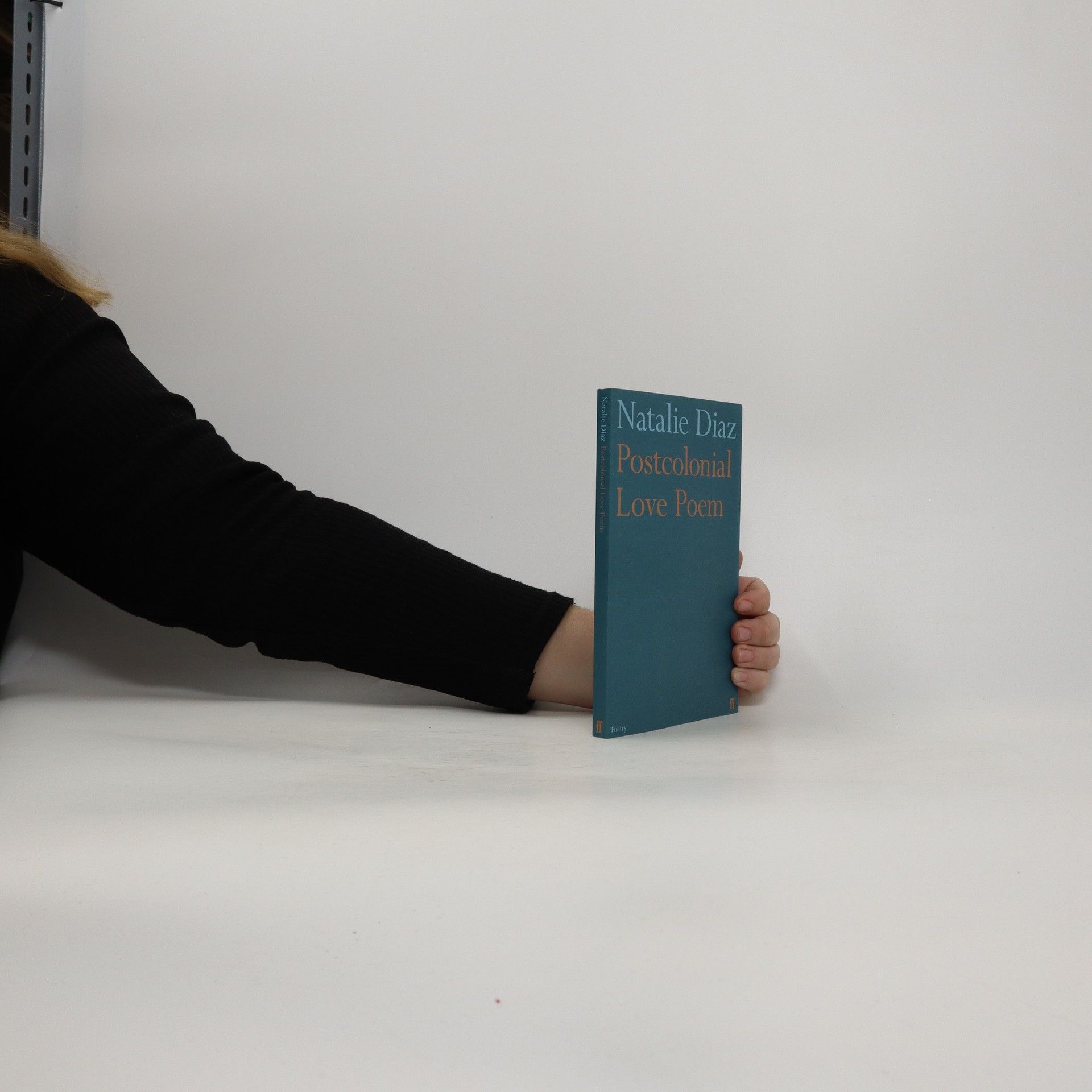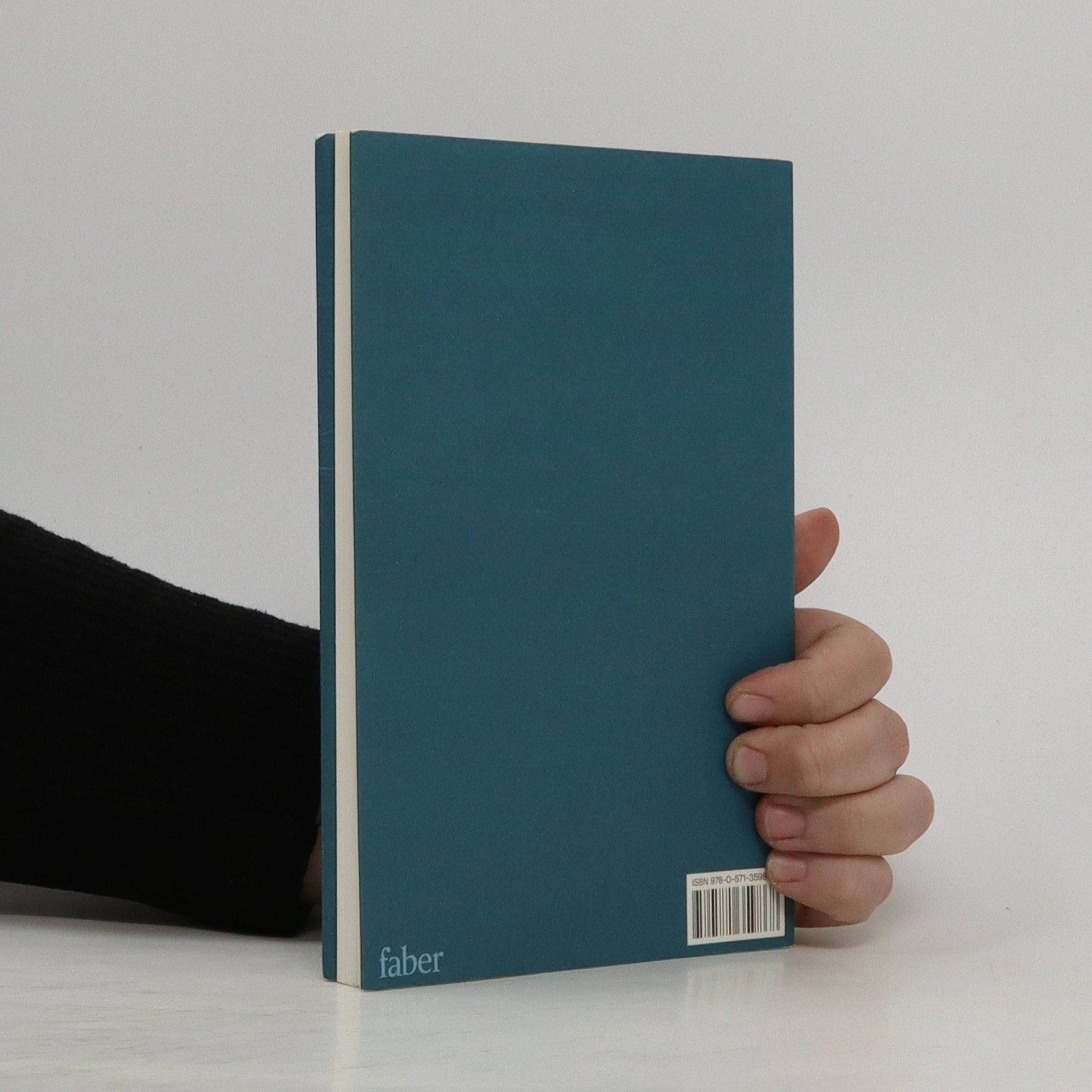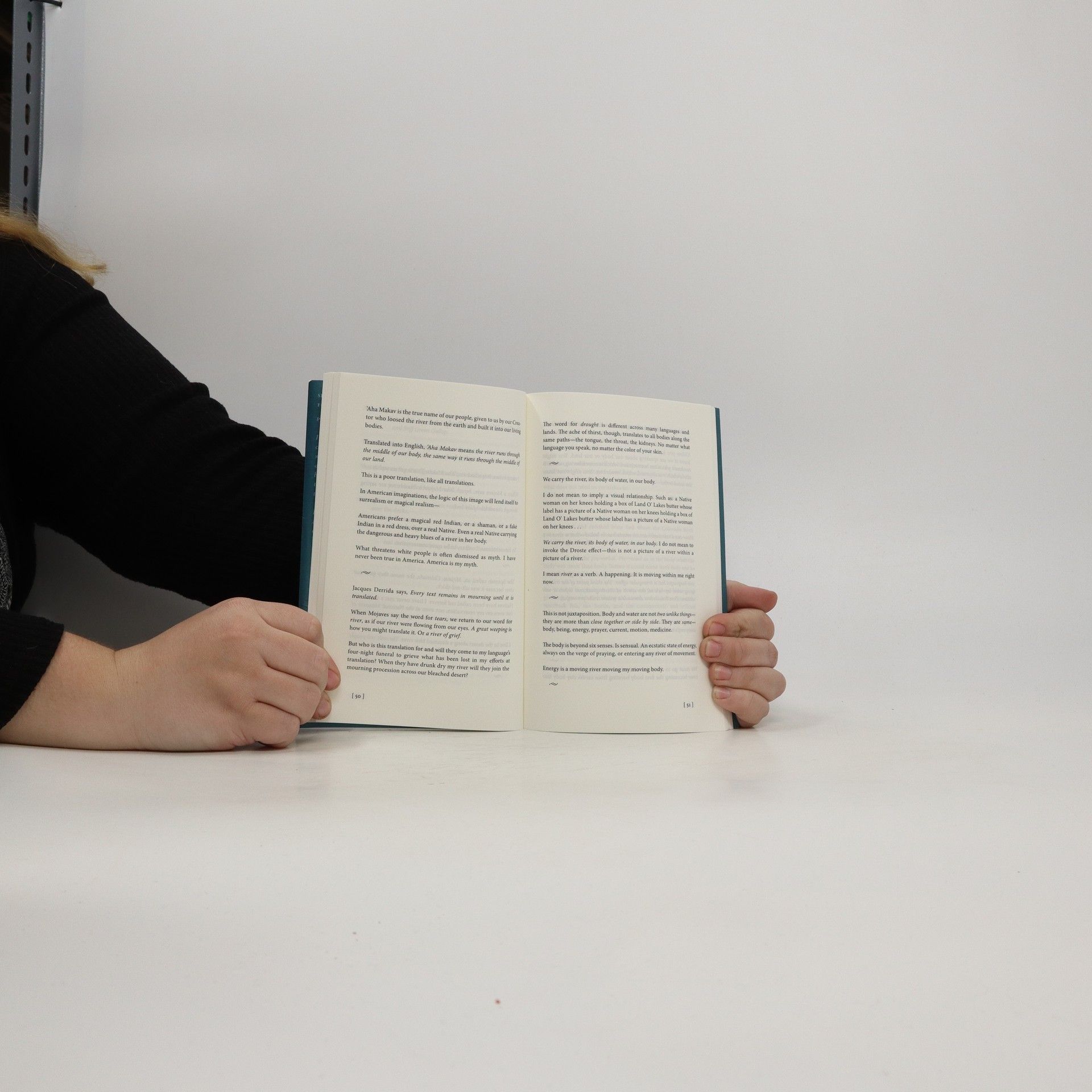Mehr zum Buch
Postcolonial Love Poem is a thunderous river of a book, an anthem of desire against erasure. It demands that every body carried in its pages - bodies of language, land, suffering brothers, enemies and lovers - be touched and held. Here, the bodies of indigenous, Latinx, black and brown women are simultaneously the body politic and the body ecstatic, and portrayed with a glowing intimacy: the alphabet of a hand in the dark, the hips' silvered percussion, a thigh's red-gold geometry, the emerald tigers that leap in a throat. In claiming this autonomy of desire, language is pushed to its dark edges, the astonishing dune fields and forests where pleasure and love are both grief and joy, violence and sensuality. Natalie Diaz defies the conditions from which she writes, a nation whose creation predicated the diminishment and ultimate erasure of bodies like hers and the people she loves. Her poetry questions what kind of future we might create, built from the choices we make now - how we might learn our own cures and 'go where there is love'.
Buchkauf
Postcolonial Love Poem, Natalie Diaz
- Sprache
- Erscheinungsdatum
- 2020
- product-detail.submit-box.info.binding
- (Hardcover)
Hier könnte deine Bewertung stehen.




